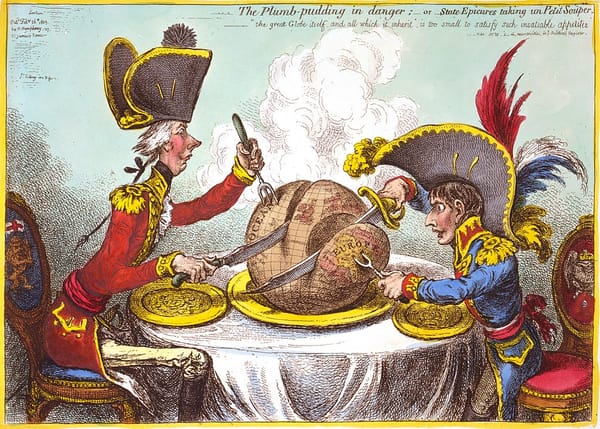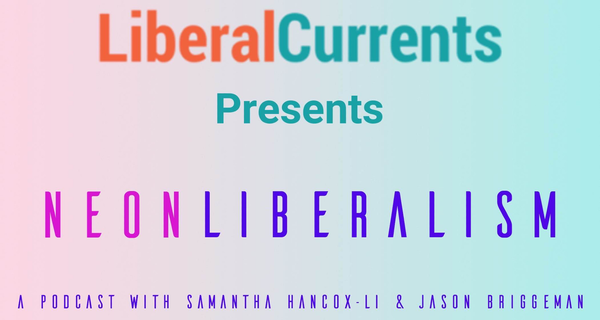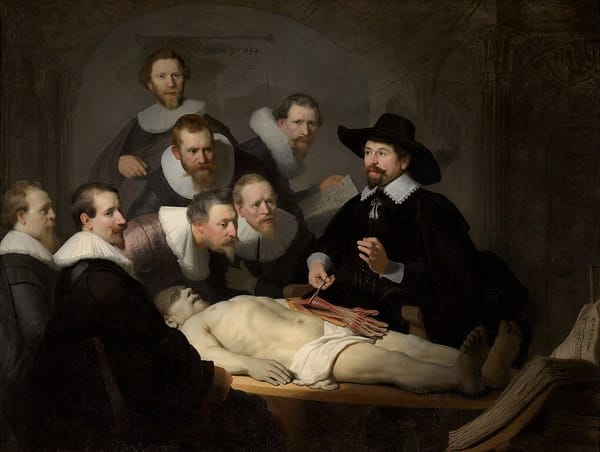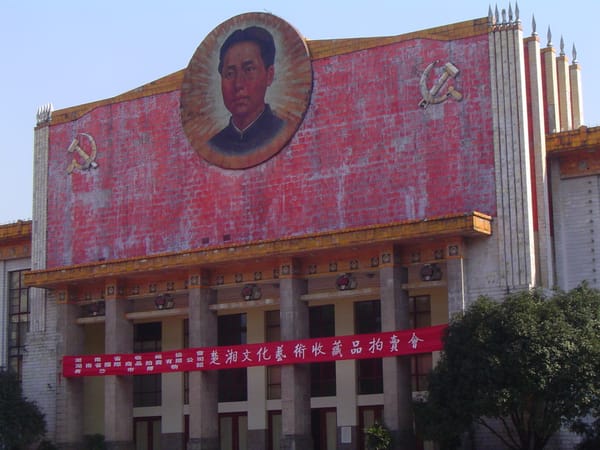Stop Legitimizing the Far Right’s Narratives with the Label ‘Populism’
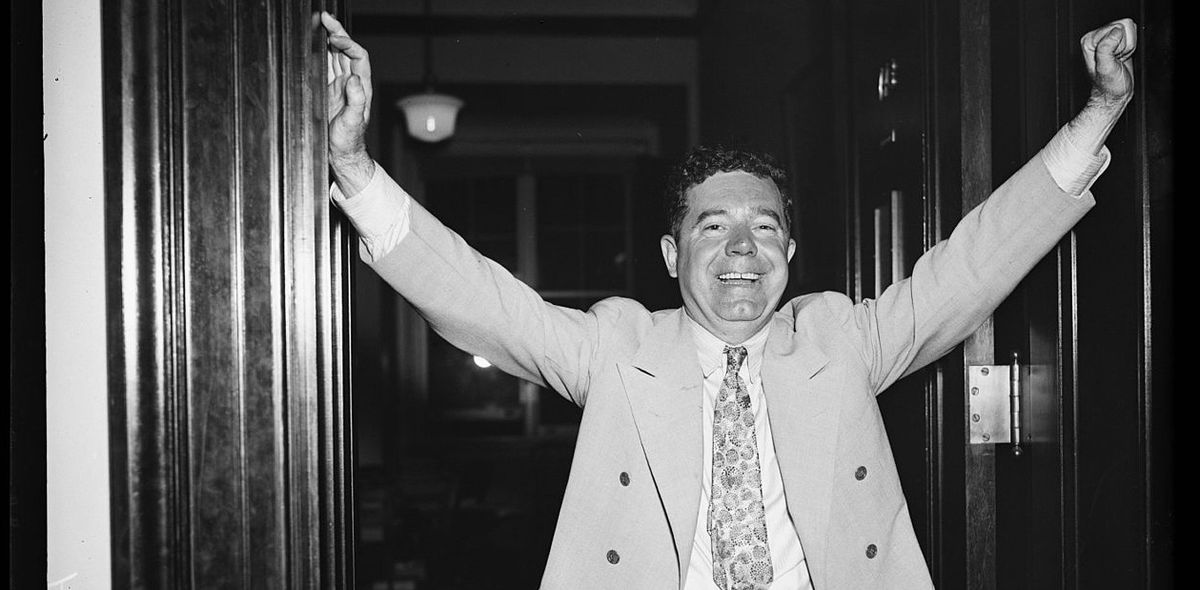
Since 2016, to hear the media tell it, the world’s democracies have been faced with a deluge of ‘populism’. The word seems most commonly applied to President Donald Trump, but electoral surprises in large democracies—Jair Bolsonaro, Rodrigo Duterte, Brexit, the Five Star Movement—have been blamed on the same, and Bolsonaro particularly has been described with the appellation. The term is often coupled with the term ‘right wing’ (though Bernie Sanders in the US and Jeremy Corbyn in the UK have been accused of ‘Left Wing Populism’), and the meaning is very difficult to pin down from its media usage. Definitions vary—the BBC explained to its readers last year, quoting professor Cas Mudde who recently wrote a book on the phenomenon, that “Populism is the idea that society is separated into two groups at odds with one another – “the pure people” and “the corrupt elite”. The Atlantic ran an article on the same topic, citing the same expert, shortly after the 2017 inauguration. It’s a fair enough definition—and the BBC goes on to explain that, whether left or right wing, it is generally used as a pejorative, and is a danger to democracy.
This may well be true among the strata of society who generally write for the BBC or The Atlantic. It does not seem to be equally the case for the electoral base these ‘populists’ count on. In fact, it grants them a much more attractive narrative, and precedents much more legitimate, than they deserve. Many who voted for Trump, for example, revel in the labels assigned to them—look no further than the number of people who applied the label ‘deplorable’ to themselves with apparent glee. For them, being called a ‘populist’ is a great compliment, precisely because ‘the elite’ sees it as a pejorative. They can tell themselves (and their leaders can tell them) that they are the real people, the salt of the earth, that their opponents are the ‘elites’ and they themselves are the ‘people’; they can insist that their views on racial, LGBTQ, and women’s equality are rejected not because of narrowness, but because of the snobbishness of the ‘cosmopolitans’ who run the political-media establishment.
The application of the term ‘populist’ grants them the luxury of drawing on well established imagery. Historical populism, while imperfect and frequently illiberal, was an important counter-current to technocracy and a legitimate check on unresponsive elites; in an electoral system, populist politicians have been safety valves for releasing frustrations that could otherwise turn violent. However, in both their policies and in the basis of their support, Trump and Bolsonaro show that, unlike previous movements to earn the moniker, their movements demonstrate neither tendency, and the word ‘populism’ merely grants them an unearned legitimacy.
Populism then
‘Populism’ in North America certainly predates the constitution or independence—Bacon’s Rebellion, Shays’s Rebellion, and the Whiskey Rebellion all constituted working class revolts against economic, political, and socio-cultural elites. With the establishment of the Constitution and the repression of the Whiskey Rebellion, armed populism in the US became considerably less prominent, replaced instead by electoral movements that sought to mobilize the same segments of the population that had previously committed to armed uprising. Two examples stand out as particularly illustrative: the political careers of William Jennings Bryan and of Huey Long. Though neither was electorally successful on a national stage, both championed working class movements that were in genuine opposition to the economic elites.
Campaigning for bi-metallism or ‘Free Silver’, William Jennings Bryan raised monetary policy to perhaps its highest stature in the history of American electoral politics with his ‘Cross of Gold Speech’, which helped propel him to become the Democratic presidential nominee in 1896. The speech is heavy on rhetoric of the working man against the monied interests, famously concluding:
…you shall not press down upon the brow of labor this crown of thorns. You shall not crucify mankind upon a cross of gold.
However, this was merely the mainstreaming of a campaign decades in the making. The Ocala Demands, issued by the National Farmers’ Alliance, included a broad program of economic populism to limit the power of the rail and banking industries, as well as agricultural and land speculation, and replacement of protective tariffs by a graduated income tax. Moreover, while the People’s Party (commonly referred to as the ‘Populists’) failed to garner support from establishment unions like the AFL, they were not a party purely for farmers’ interests—indeed, such organized labor figures as Eugene Debs spoke in favor of Bryan’s 1896 election.
Bryan’s opponent McKinley won re-election by a relatively wide margin, but much of the Ocala platform continued to be debated and gradually adopted by more moderate politicians in the future—including banking reform (the Federal Reserve system was established in 1913), the income tax (1916, becoming sharply progressive in 1918), and the direct election of Senators (1912). Bryan was hardly a paragon of liberalism (shown by his religious conservatism, acceptance of segregation, and distrust of many market mechanisms), but his populist movement was valuable in forcing mainstream liberal politicians and other decision makers to consider and ultimately adopt policies to benefit the working class that have since become core tenets of 20th century American liberalism.
During the Great Depression, a similar movement formed around Huey Long, probably the politician in US history most frequently described with the word ‘demagogue’. Long’s illiberalities were myriad—by all accounts he exercised authoritarian control over the politics of his native Louisiana, he associated with the fascist-adjacent priest Fr. Charles Coughlin, and disdained all political nuance, describing the Depression and wealth inequality as ‘no difficult problem to solve”. Indeed, Long’s solution was stunningly simple: simply confiscate from the rich and re-distribute the money to the working class, including such measures as an absolute limit to an individual’s wealth. Even liberals who generally agree with a redistributionist policy would surely shy away from the means Long proposed and the company he kept. Nonetheless, here too the populist tide brought real results into the mainstream—most political historians agree that Long and his compatriots were critical in pushing the more radical components of the ‘Second New Deal’ from 1935-36, including the Wagner Act to give more rights to organized labor and the Social Security Act, essentially a watered-down version of Long and Francis Townsend’s pension proposals.
With hindsight, the Gilded Age and the Depression clearly called for more radical solutions than most self-described liberals were willing to implement. Moreover, substantial institutional inertia seemed to hold back even reform minded mainstream politicians. These populist movements—in the truest sense—drew support from a working class that had few other avenues for meaningful political engagement and helped to set a political agenda that was friendlier to their interests. While few liberals today would want to elect a President Bryan or President Long, few, perhaps even fewer, would want to live in a country entirely devoid of their policies.
“Populism” now
Reactionary ‘populists’ like to imagine themselves the same way. In many ways, Trump is merely an extension of a long trend of conservatives working to depict liberals as out of touch elites, employing the rhetoric and aesthetic of Long or Bryan while offering policies that would in fact ‘roll back’ the sort of policies championed by those men. Ronald Reagan, George H. W. Bush, and George W Bush all employed this strategy with varying degrees of success, adopting folksy speech patterns and painting opponents like Michael Dukakis and John Kerry as effete east coast liberals. Trump and Bolsonaro have taken this strategy to the next level. They emphasize being politically incorrect and cultivate a mythos of the common person, supposedly championing policies the elites, in their snobbery, have dismissed. But the sources of their support give the lie to this claim.
Donald Trump did somewhat better among voters with incomes under $50,000 than Mitt Romney had done four years ago, but his support still depended heavily on voters with higher incomes; without those voters he would have lost the election. The case is similar for Bolsonaro—His support is highest among the wealthiest Brazilians, and (unlike the case with Trump) also among the best educated. The idea that either man is wildly popular with the working class is a carefully crafted fantasy; their popularity is remarkable only relative to their most recent plutocratic predecessors. Moreover, unlike Bryan, Long, or other populists, neither brings any new political ideas to the conversation. Cutting taxes on the wealthiest individuals, empowering police to use more force, or introducing stricter tariffs are hardly novel ideas in the US or in Brazil.
Moreover, neither man resembles a Bryan or a Long who can mobilize millions of voters with dramatic policy proposals. In both Brazil and the United States, there is a significant voting block untapped by either party, but it was not mobilized in the most recent presidential elections in either country. In the United States, Trump won a mere 46% of the vote, in an election with 55.7% turnout. With 44% of Americans staying home, and nearly 6% of those who voted voting for third party candidates, it’s very difficult to argue that Trump has mobilized some unrepresented portion of the population. In Brazil, where voting is compulsory, 11 million voters, a record percentage of the population, presented blank or null ballots in the second round of voting. Far from mobilizing marginalized voters, the elections Trump and Bolsonaro won were characterized in both countries by increasing numbers of voters determining they did not support either of the top two candidates.
Beyond semantics, it is important to realize and call out the populist charade put on by Trump and Bolsonaro because it has several important consequences. First, defeating these movements requires exposing their true nature. The more critics draw attention to the vulgarity of these men, the more they will use precisely those critiques to bolster their faux populist narrative. On the contrary, it is critical that voters in Brazil and the United States understand that they are merely attempting to cover an oligarchical roll back in popular left-liberal policies with a thin populist veneer. Furthermore, continuing to label them as ‘populist’ strengthens the dubious narrative that homophobia, anti-feminism, and racism are endemic to the working class, when in fact the elections of 2016 and 2018 instead showed that the middle class was if anything more open than the working class to supporting crass bigotry.
Finally, and perhaps most significantly, both elections show that in these two countries, the largest in the Western Hemisphere and among the largest democracies in the world, there is an unmet appetite for new political ideas. Third party votes in the US and null votes in the Brazilian run-off show that millions of voters—to say nothing of non-voters—are seeking a different policy set than either main candidate offered. Liberals would do well to explore in what ways the current policy agenda is failing to mobilize these voters, and make them part of their strategy for electoral victory. Historically, liberals have taken note of important populist movements and attempted to bring their best ideas into a liberal policy framework—as Louis Brandeis did with Bryan’s monetary policy or Roosevelt with Long’s redistributionism. But neither Trump nor Bolsonaro represent movements of that nature, and speaking and responding as if they are does a disservice to both liberalism and true populism.
Featured image is Huey Long, by Harris & Ewing

